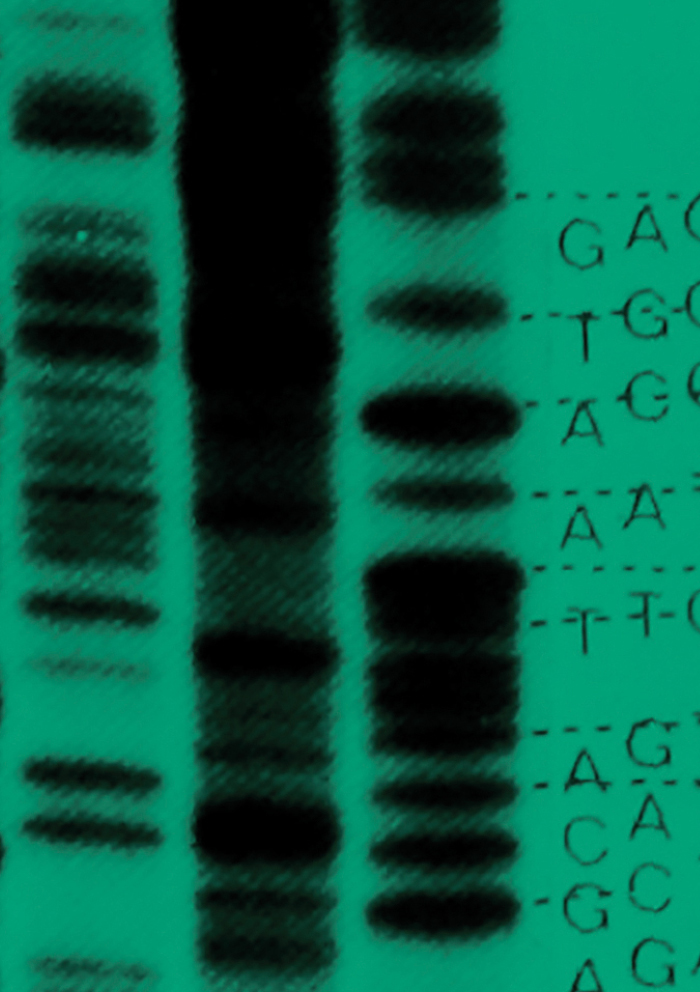 -
Volume 3,
Issue 5,
2017
-
Volume 3,
Issue 5,
2017
Volume 3, Issue 5, 2017
- Microbial Evolution and Epidemiology
-
-
-
Genomic epidemiology of a national outbreak of post-surgical Mycobacterium abscessus wound infections in Brazil
More LessIzzy Everall, Christiane Lourenço Nogueira, Josephine M Bryant, Leonor Sánchez-Busó, Erica Chimara, Rafael da Silva Duarte, Jesus Pais Ramos, Karla Valéria Batista Lima, Maria Luíza Lopes, Moises Palaci, Andre Kipnis, Fernanda Monego, R. Andres Floto, Julian Parkhill, Sylvia Cardoso Leão and Simon R HarrisAn epidemic of post-surgical wound infections, caused by a non-tuberculous mycobacterium, has been on-going in Brazil. It has been unclear whether one or multiple lineages are responsible and whether their wide geographical distribution across Brazil is due to spread from a single point source or is the result of human-mediated transmission. 188 isolates, collected from nine Brazilian states, were whole genome sequenced and analysed using phylogenetic and comparative genomic approaches. The isolates from Brazil formed a single clade, which was estimated to have emerged in 2003. We observed temporal and geographic structure within the lineage that enabled us to infer the movement of sub-lineages across Brazil. The genome size of the Brazilian lineage was reduced relative to most strains in the three subspecies of Mycobacterium abscessus and contained a novel plasmid, pMAB02, in addition to the previously described pMAB01 plasmid. One lineage, which emerged just prior to the initial outbreak, is responsible for the epidemic of post-surgical wound infections in Brazil. Phylogenetic analysis indicates that multiple transmission events led to its spread. The presence of a novel plasmid and the reduced genome size suggest that the lineage has undergone adaptation to the surgical niche.
-
-
Most Read This Month


